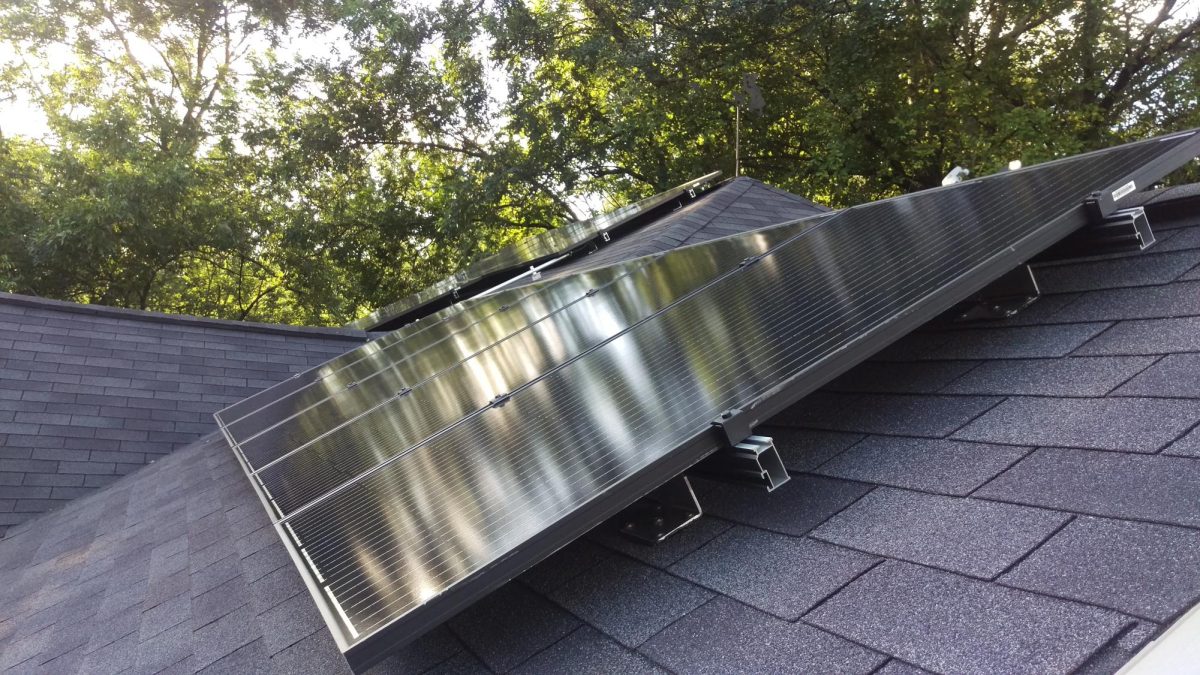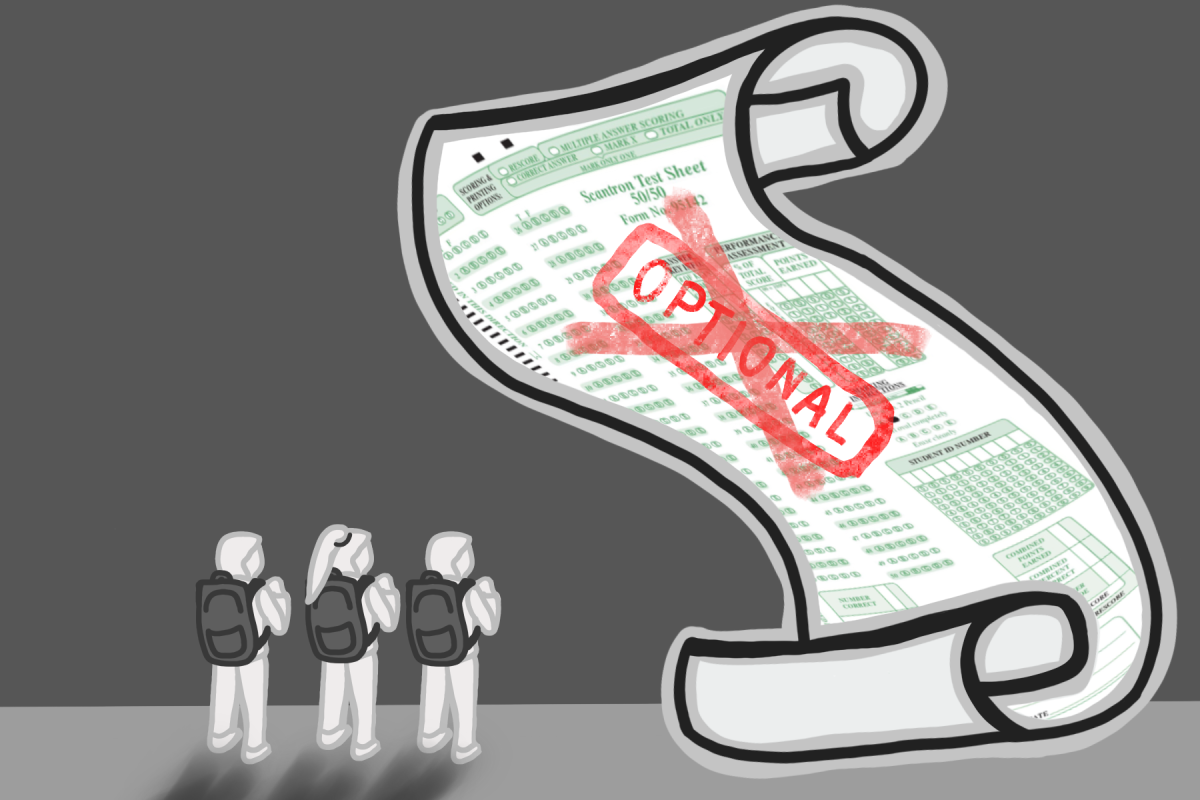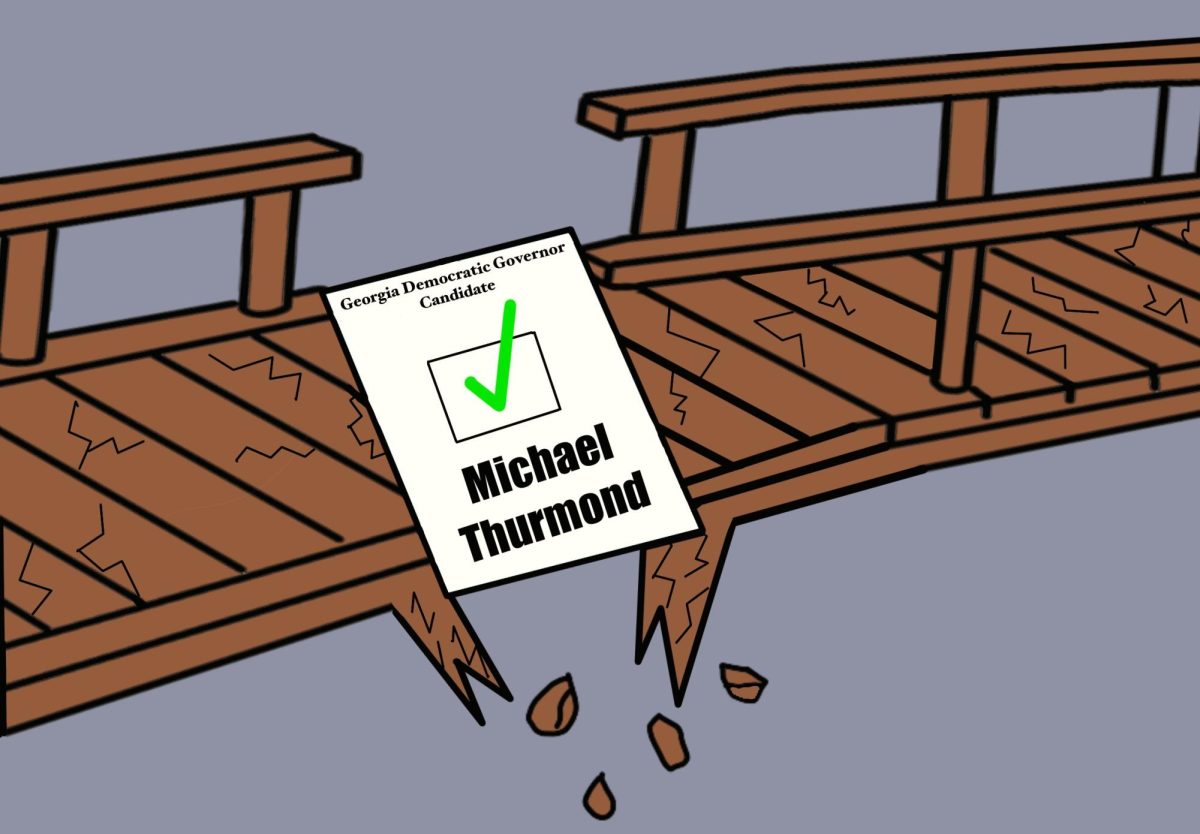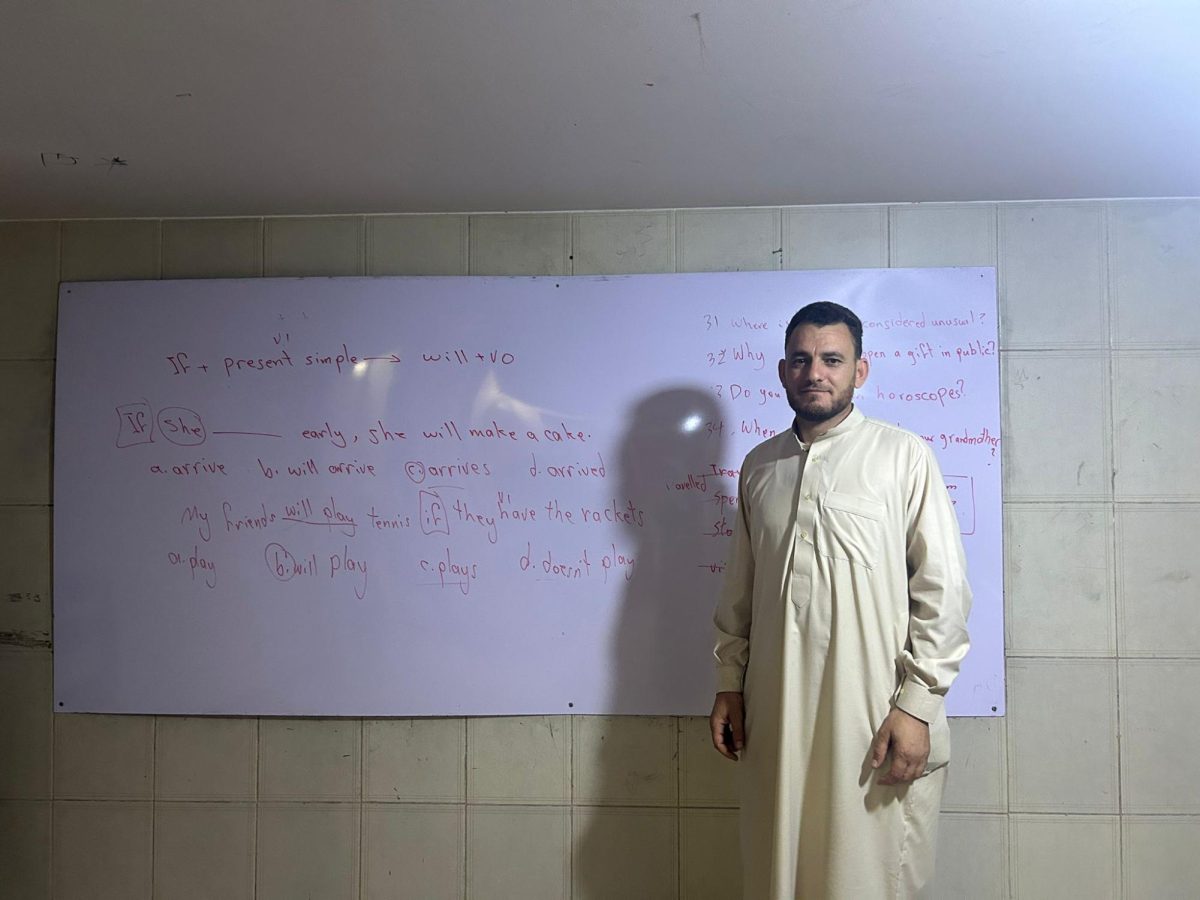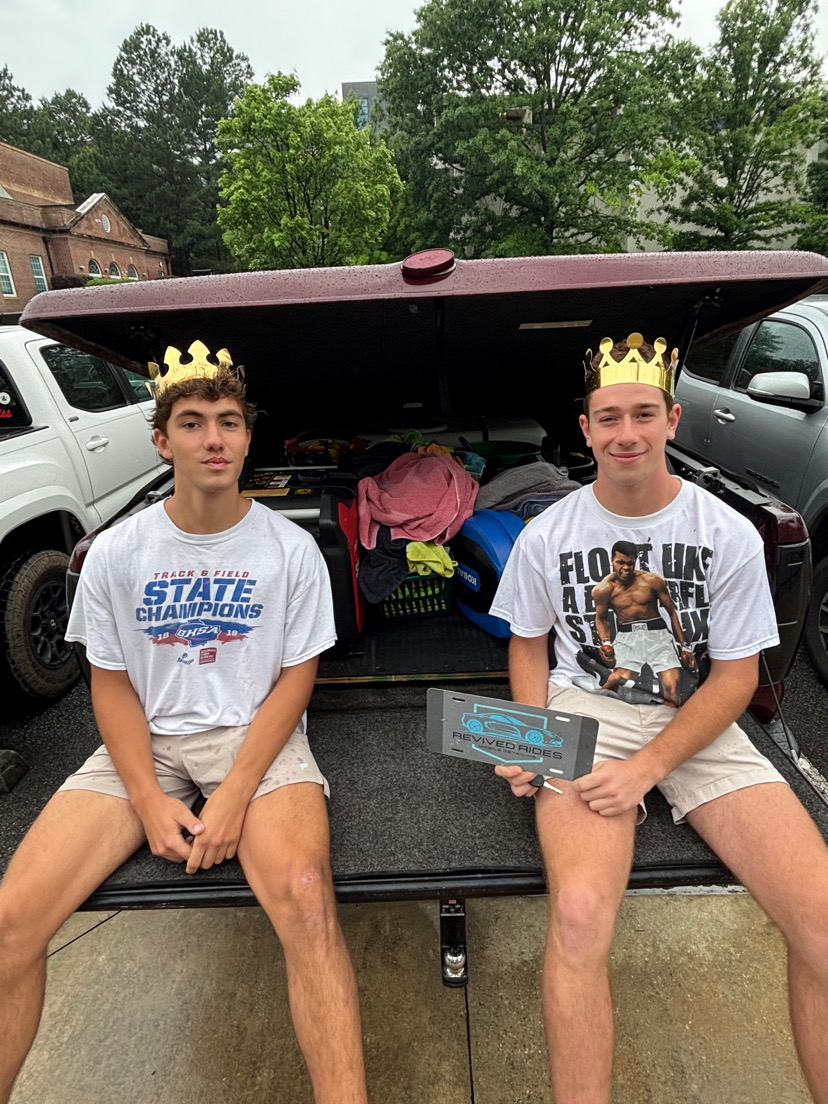Georgia is the eighth-most populated US state, yet ranks 43rd in number of homes with residential solar panels. Economic policies and neighborhood-specific restrictions account for this disconnect.
Due to concerns about historic preservation, the Atlanta Urban Design Commission (UDC) prohibits street-facing residential solar panels in Inman Park, alongside multiple other historic districts such as Grant Park, Oakland City and Atkins Park. Additionally, unlike those in many states, Georgia Homeowners Associations (HOA) can restrict or ban solar panels, even in non-historic neighborhoods. Although it is possible in Inman Park to get special permission to put up solar panels, the lengthy, multistep process often deters clean energy enthusiasts.
This rule has created conflict in Inman Park between those who want to take a stronger stand against climate change and those who want to protect history. Patty Durand ran for Georgia Public Service Commissioner in 2022 and said neighborhood restrictions limit residents’ ability to do their part for the environment.
“It’s hamstringing us to follow a playbook of harm to the planet,” Durand said. “Everything needs to be on deck, and not allowing the best way to reduce carbon emissions because that wasn’t around a hundred years ago just seems ridiculous to me.”
Some Inman Park residents prioritize taking care of historic homes found throughout the neighborhood. Regina Brewer, a former Midtown parent and a historic preservation consultant, supports the regulation of solar panels.
“It just detracts from [the neighborhood] because it’s so opposite,” Brewer said. “You have these historic buildings with historic materials, [and] to put something that modern in the front, they just don’t go together. But I do absolutely want to find ways we can be more sustainable.”
Despite the restrictions, a few Inman Park residents have added solar panels to their homes, positioning them away from the street. David Andersen has had rooftop solar for the past seven years and said that solar panels benefit everyone.
“There’s nothing damaging to the historic buildings to have some panels mounted out there,” Andersen said. “To my mind, they’re beautiful … If anyone said that it ruins the historic look, I would [say], ‘There are certain things that are worth it, and this is one.’”
Some newer historic districts don’t have as strict of rules similar to Inman Park and Grant Park. Ken Edelstein, a Midtown parent and environmental journalist, said solar panels are less controversial in other neighborhoods.
“Inman Park is one of the older historic districts, and since then, I think historic districts have become more flexible tools,” Edelstein said. “There is one in Poncey-Highland, and they have a lot of leeway in how they set it up.”
Even in neighborhoods without regulations on solar energy, the cost of installation remains a major barrier. Residential solar panel installation typically costs between $10,000-$30,000 Homeowners save money with reduced power bills, but on average it takes almost 13 years for these savings to balance the cost of installation in Georgia. Andersen has paid his solar panel installations off more quickly.
“It probably saves us $30-$40 a month,”Andersen said. “It’s taken a while to pay off the initial investment, but I think we’ve already paid it off at this point.”
Georgia energy policies, including a cap on net metering, contribute to these high prices. Net metering is a system by which excess energy generated by residential solar panels is sent back to the power grid. The utility company credits the Homeowner for that energy, reducing their electricity bill. However, Georgia limits the number of residents who can benefit from net metering, and the 5,000 customer cap was reached in 2021. The government regulates this net metering system, but it runs out of Georgia Power, a monopoly over electricity in Georgia.
“Georgia Power only wants to pay a really low rate, or wholesale rate, for the solar that’s generated, that the owner puts back on the grid,” Durand said.
Whether enforced by state or local governments, Durand said that barriers to residential solar energy remain difficult to navigate, leaving Georgia far behind other states in the implementation of residential solar panels.
“It’s [about] giving people the freedom to adopt whatever technology is out there,” Durand said.

